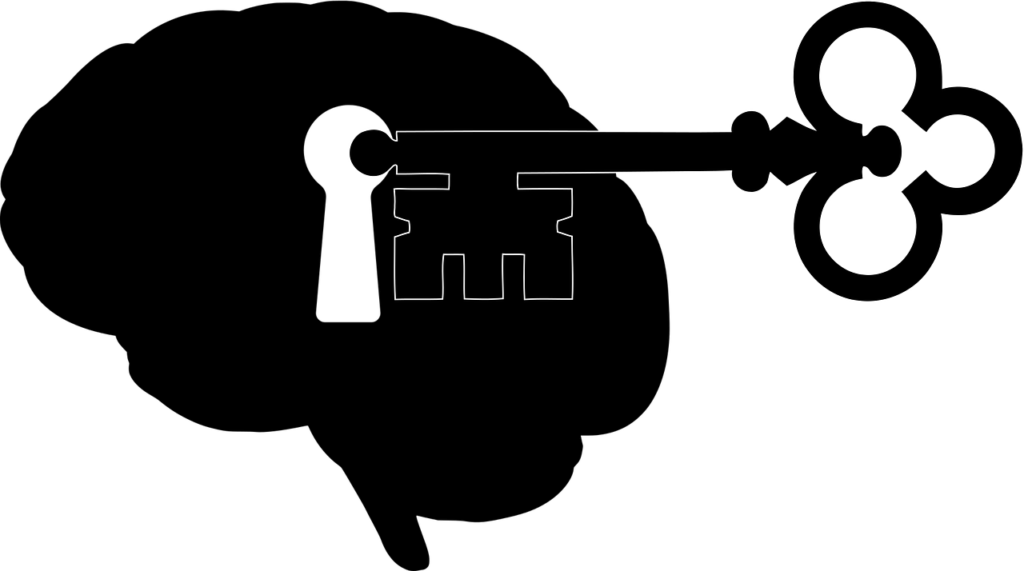
A growing number of practitioners who work with individuals diagnosed with ADHD are beginning to rethink the condition and their therapeutic interventions. One of them,
One of the key differences he notes is that the ADHD brain processes the concepts of importance and reward differently than the neurotypical brain. Neurotypical individuals can assign importance to a task because they think it should get done, or someone they respect thinks it should get done. They respond to the idea of rewards for getting important things done. Those with ADHD are not motivated to start or complete a task by these extrinsic factors, but rather by being interested in what they are doing.
This makes it difficult to make decisions, manage time and prioritize. Individuals with ADHD are generally intelligent, resourceful and creative, but they have to operate within and are judged the neurotypical standards of importance and reward. Researchers view ADHD as stemming from a defective or deficit-based nervous system. I see ADHD stemming from a nervous system that works perfectly well by its own set of rules. Unfortunately, it does not work by any of the rules or techniques taught and encouraged in a neurotypical world.”
A Better Approach to Therapy
So how do you make it work? He recommends two things:
- Medications to help with attention and calm internal hyperarousal
- Creating your own operating manual, tailored to your unique motivations and strengths.
The first intervention helps level the playing field for someone with ADHD trying to function in the neurotypical world. The second intervention helps them find what Dodson terms their “zone” – where they can perform at the remarkable levels that the ADHD interest-based nervous makes possible.
Finding the “Zone”
Here are strategies recommended by Dodson and others for leveraging the power of the ADHD nervous system and spending more your time in the zone
- Discover your triggers – Write down what activities, situations or environments get you into the zone now.
- Identify your strengths – Think about those areas where you have a natural interest and talent where you can put more of your time. If necessary, use some of the available strength finder tools.
- Work with a coach – If you need help sorting out your strengths and interests, consider using a coach trained in working with ADHD individuals.
- Focus on your strengths – You can spend a lot of energy trying to remediate weaknesses. Focus instead on how to leverage your strengths and interests. Interest is the motivational fuel for the ADHD nervous system.
The ADHD nervous system is different, not impaired. Individuals with ADHD can achieve extraordinary things when they understand and heed their motivations.
References
- https://www.additudemag.com/secrets-of-the-adhd-brain/
- https://chadd.org/attention-article/flipping-the-script-on-adhd/
- https://marlacummins.com/adhd-and-strengths/
- https://www.resetadhd.com/blog/finding-your-strengths
- https://www.fastbraiin.com/blogs/blog/5-super-strengths-of-adhd-adults


